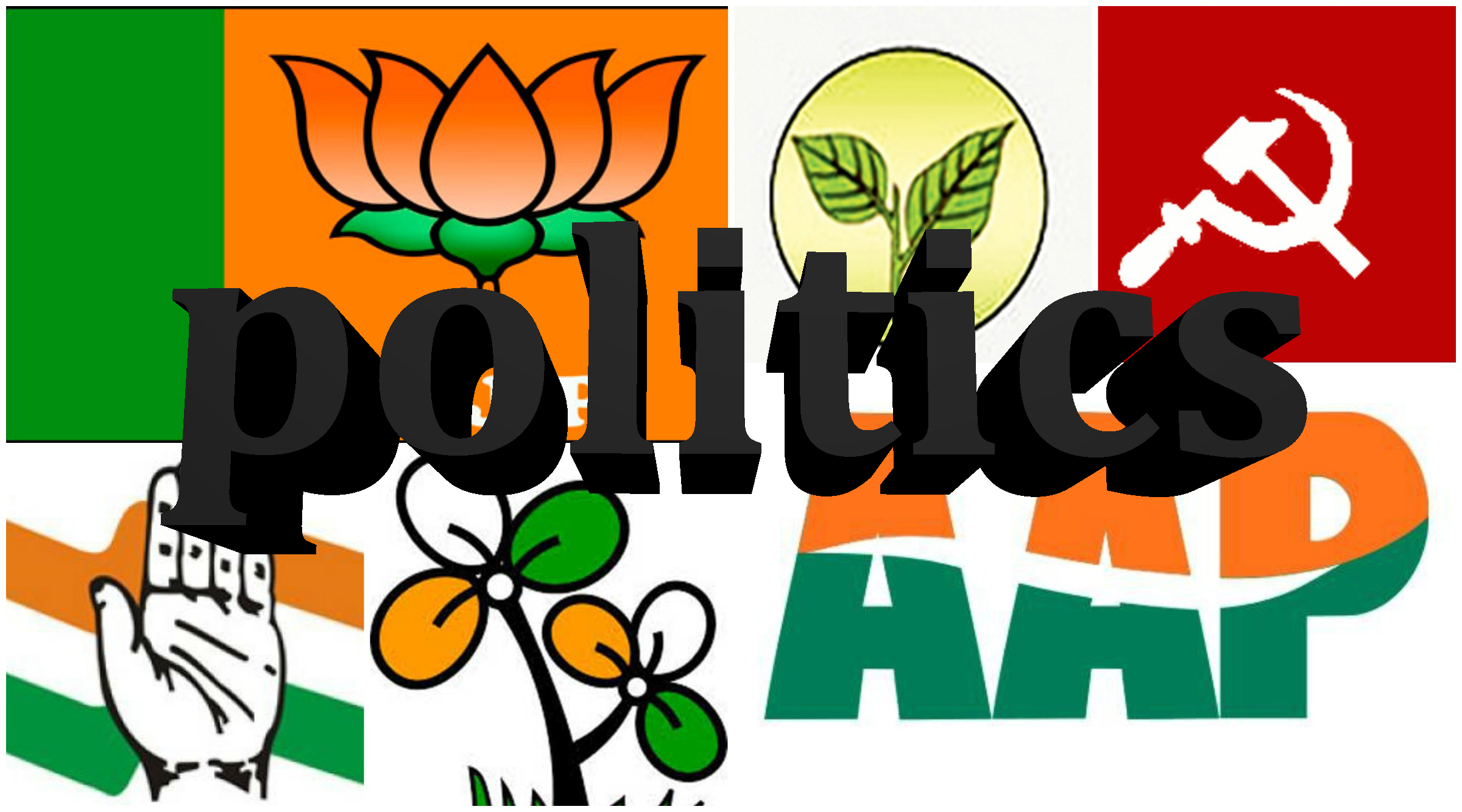In election management, branding individuals larger than issues: Sudha Pai

- Country:
- India
After Mamata Banerjee's Trinamool Congress roped in political strategist Prashant Kishor for assistance to the party's campaign for West Bengal Assembly polls in 2021, the public debate on election management has intensified. Prominent political scientist Sudha Pai believes that like many western countries, in India too the polls have become all about "management" in the garb of "election strategy".
"In the last three decades, India has seen a major change in the election process. Ultra modern techniques, social media and increasing consumerism among the middle class are the main causes for this change," Pai, a professor at the Jawaharlal Nehru University, told PTI. Sharing her views on the election strategies of Prashant Kishor, referred by many as the "PK formula", Pai said elections have now become all about shifting the people's focus from political ideologies to the personality of a leader and creating a perception around it.
Under election management, political parties take the public discourse away from real issues to what benefits them and this has become an important part of changing election paradigm in india, she said. About the importance of election management for politicians today, the professor said, just like a product is presented as a necessity to consumers through marketing strategies, under election management a political figure is branded in a such a way that people start perceiving the person necessary for their interests and welfare.
Pai said it's natural for leaders to see election management as imperative to their political victory after it was successfully demonstrated by political strategists in previous elections. On the claim that "PK formula" has become an easy way to win elections, she said, to win an election the entire political discourse during that time is shaped according to the suitability of a political party.
In the past few decades this type of technique has become popular in many countries around the world, including the US and Turkey, Pai added. She said the most important part of this strategy is image building of an individual.
She said, after 2000, because of globalisation, there was a rapid change in the middle class and due to deepening roots of consumerism, society's expectations from the political parties have increased. In such a scenario, an individual is presented as the only one capable of fulfilling expectations of all people. The election results have proved that such type of election strategy has left an impression on the minds of voters, Pai said.
On strategist running successful campaigns for political parties of opposing ideologies, the professor said, "In reality, the ideology of political parties have no importance in today's elections." "The objective is to win elections. Through 'image building' and 'branding' an individual becomes larger than political ideologies. In such a scenario, not only the ideology but also the real issues lose all importance," Pai said.
She said the entire election process is reduced to "creating a perception" and rival political groups are unable to raise important issues like unemployment and development, even if they want to. On the defeat of Congress in the recent Lok Sabha polls, despite its election management, professor Pai said, "I think along with social media campaigns, the BJP went further ahead and its grassroot workers tried to reach out to a large section aggressively."
"They (BJP workers) went to even those homes, which did not get a gas connection under the central government scheme and assured them they would benefit from the scheme very soon," she said. The professor said that "the BJP had created a perception that if Modi does not win again, the people will not be able to get these benefits".
The BJP also successfully declared the opposition as "anti-national" and made nationalism an important issue in the recent Lok Sabha polls, Pai said. She said this is a negative trend in Indian politics, as the real issue do not come to fore due to election management and strategies.
In India, this trend has just begun and it may not end so soon, Pai added.
(This story has not been edited by Devdiscourse staff and is auto-generated from a syndicated feed.)
ALSO READ
Biden 'outraged' by Israeli airstrike that killed aid workers in Gaza
Biden criticises Israel for death of 7 aid workers in Gaza strike, says not enough done to protect civilians
Joe Biden sharply criticises Israel after killing of Gaza aid workers, says it 'has not done enough' to protect civilians, reports AP.
FACTBOX-What we know so far about the seven aid workers killed in Gaza by Israel
Wisconsin voters approve ban on private money support for elections










